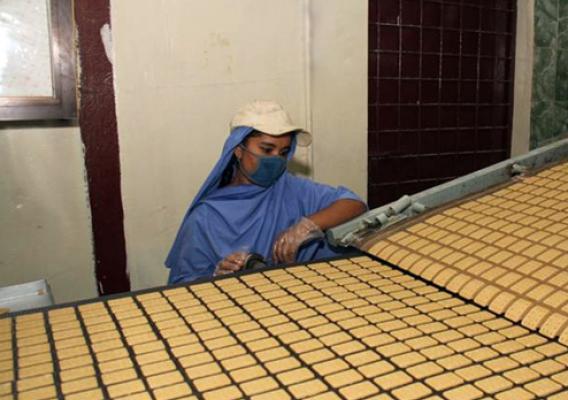As Americans celebrate Labor Day this weekend, I know the holiday is overshadowed by a drought that has been extremely challenging for thousands of farm and ranch families.
President Obama and I will continue to do all we can to help drought-stricken producers. In a nation where one of every 12 jobs is supported by agriculture, we know that it’s critical to help farmers, ranchers and producers mitigate the effects of drought and continue to strengthen the agriculture sector.
Meanwhile we will continue to call on Congress to pass a comprehensive, multi-year Food, Farm and Jobs Bill – to give USDA tools to help drought stricken producers, and to give more certainty to farmers and ranchers.
But even in a challenging time, American agriculture has stayed strong and resilient. That’s why, as we gather with family and friends to mark Labor Day, it couldn’t be a more appropriate time to say “Thank You” to the folks who provide the most affordable, the most abundant, and the safest food supply on earth.





